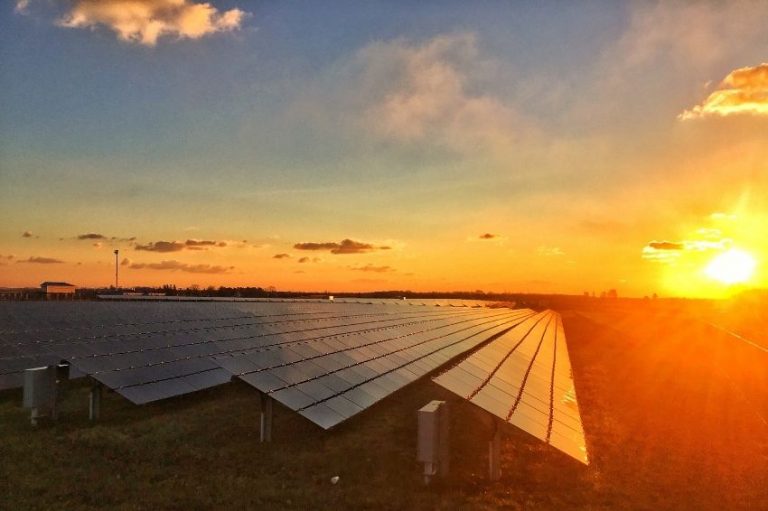The generation of solar energy in agribusiness is well established in the most advanced economies in the world and has become an increasingly recurrent and necessary model to further increase the competitiveness and sustainability of agricultural and livestock management in Brazil.
In addition to eliminating intermediaries between the generation and consumption of electrical energy, one of the main inputs of rural productive activity, solar energy in the countryside also results in savings, environmental protection and more energy security for producers, since photovoltaic solar systems They have low operation and maintenance costs and represent a new source of wealth for the countryside.
Thus, as it is a clean, renewable, competitive and practically inexhaustible source of energy, agribusiness now has a safe and sustainable solution for its electrical supply, which brings a reduction in electricity expenses of up to 90%.
Since 2012, there have been more than R$ 26 billion in accumulated investments, which have generated more than 155 thousand accumulated jobs, spread across all regions of Brazil. In the case of agribusiness, its own solar energy generation serves more than 43 thousand users and has around 679 megawatts installed in the field.
In the same period, Brazil received more than R$ 3.2 billion from rural producers in investments in solar energy, responsible for the generation of more than 20 thousand jobs in this area, in addition to providing public coffers with revenue of R$ 758 million in the period. Currently, the rural segment accounts for 13.1% of all installed power in own solar energy generation systems.
Another relevant point in solar energy in the field is to provide electricity to areas where the electricity grid has not yet reached or where it works precariously and unstable, which depend heavily on diesel generators, which are more expensive, polluting and noisy.
It is worth highlighting that Brazilian agribusiness has some of the best financing lines for photovoltaic systems, with emphasis on the “PRONAF Mais Alimentos” and “PRONAF Eco” credit lines, from the National Program for Strengthening Family Farming (Pronaf), important support for sector developed since 2015, in partnership with ABSOLAR, to democratize access to technology for small family rural producers, making it more efficient, sustainable and competitive.
The agribusiness sector supports Bill No. 5,829/2019, which will create the legal framework for own energy generation in Brazil, as publicly declared by the Brazilian Association of Soy Producers (Aprosoja Brasil), the Confederation of Agriculture and Livestock of Brazil (CNA), the Agricultural Parliamentary Front (FPA), among several other entities that represent rural producers.
It is important to remember that the 30% discount on the energy tariff to which rural consumers are entitled will end in 2022. Therefore, own generation is the best alternative for rural producers, to avoid losses, increase in food prices and open new opportunities in the countryside .
The creation of a legislative framework for the generation of energy from renewable sources is a priority in the current scenario of double challenge, of promoting socioeconomic development in the face of the covid-19 pandemic and, also, the advancement of sustainable development in Brazil .
















